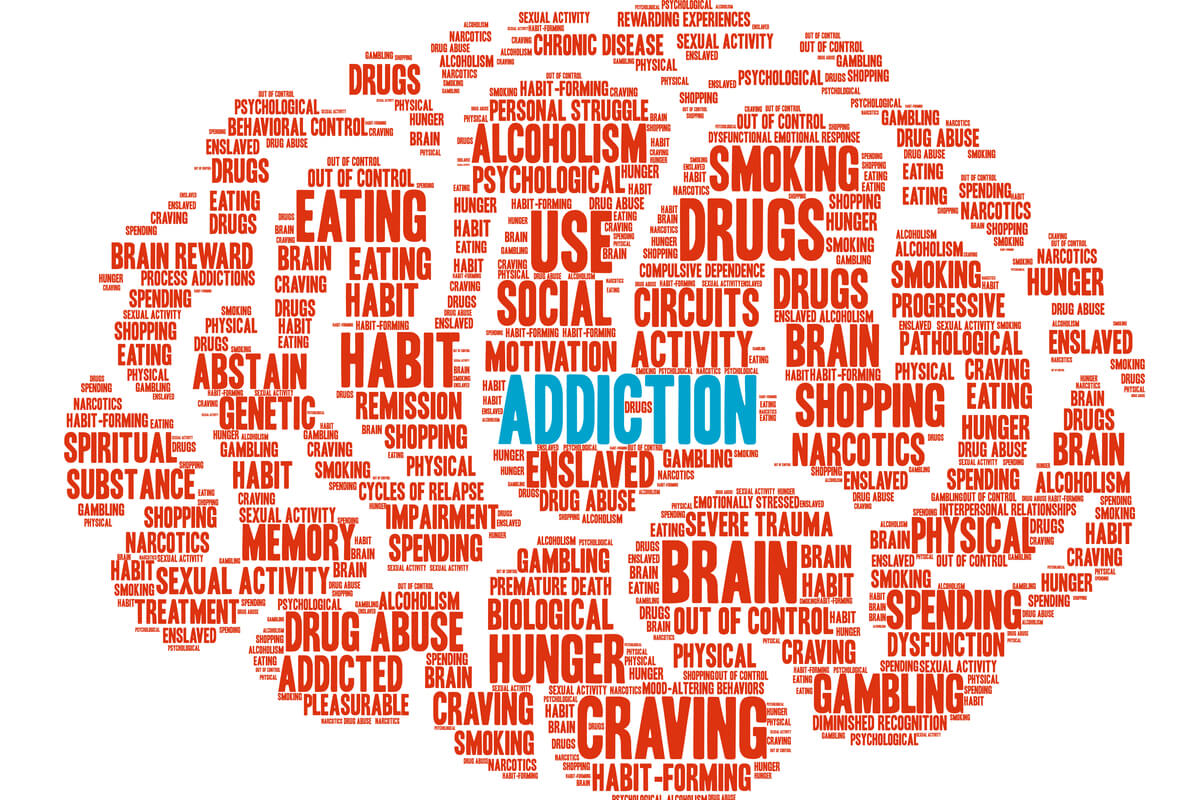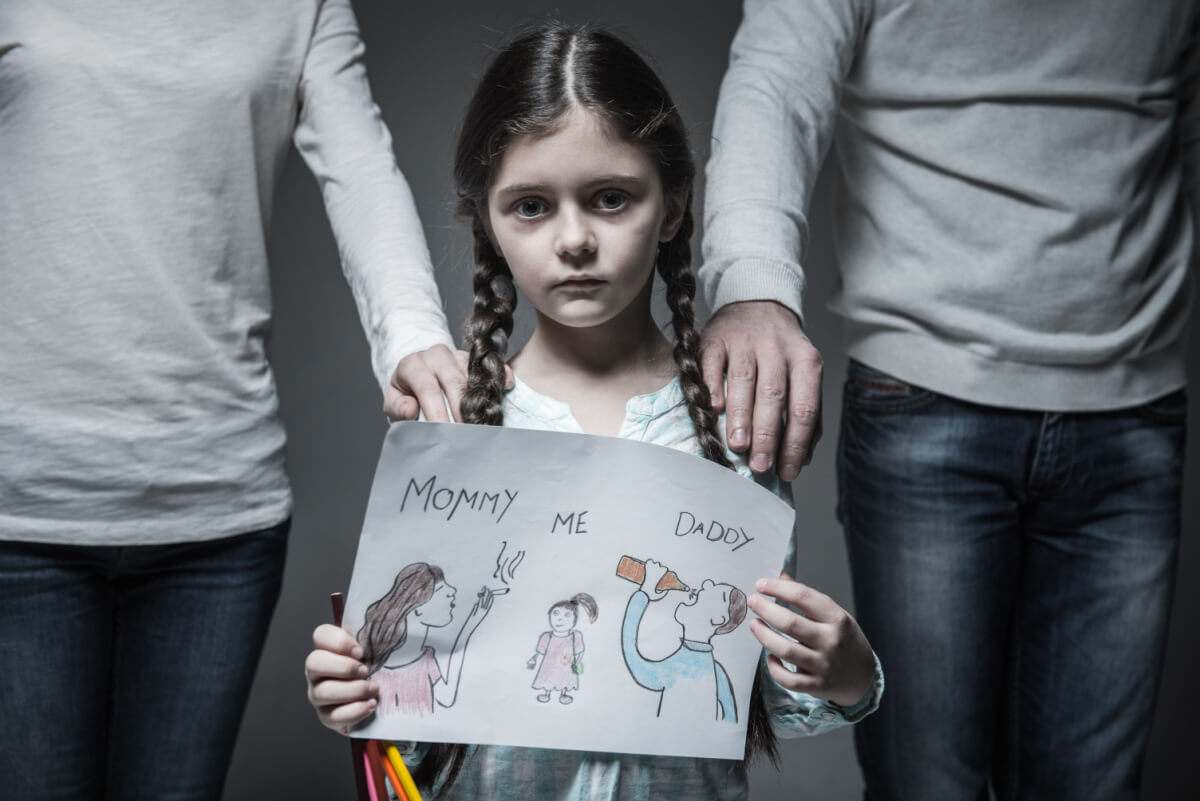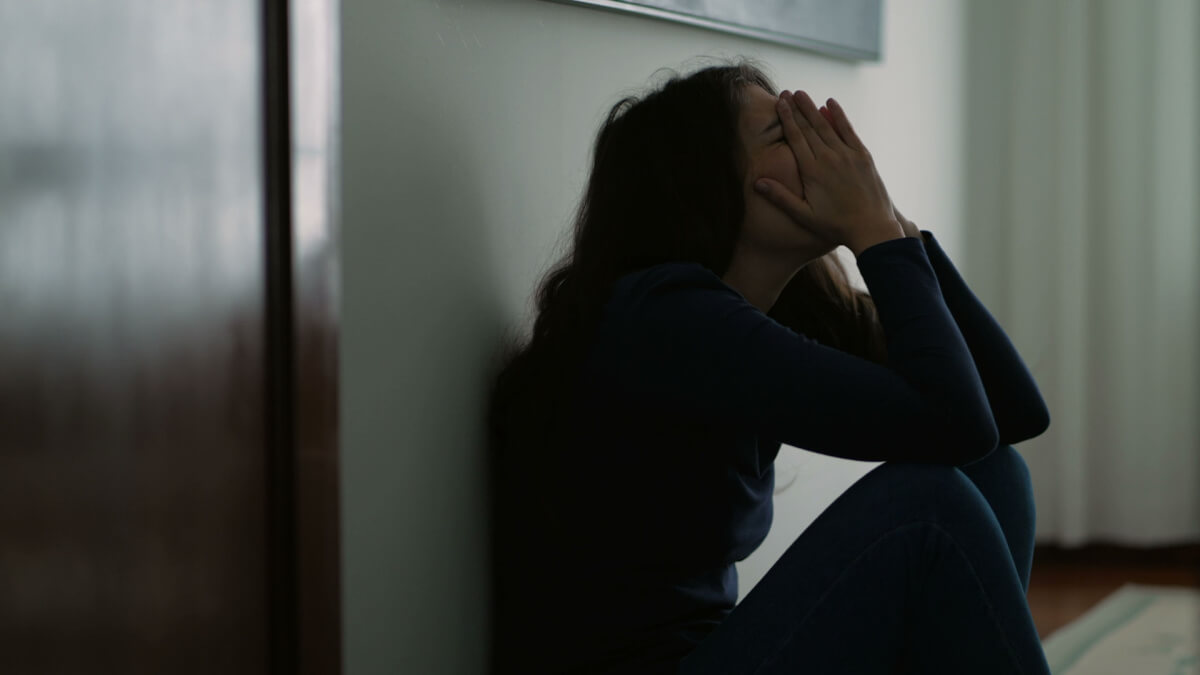
We’ve all heard the age-old adage that ”there’s no particularly correct way to raise children, but there are a million wrong ways.” Perhaps such can also be said for how individuals struggling with addiction may navigate recovery. In this day and age as a person in recovery, you are likely bombarded by television shows, movies and treatment center advertisements telling you that everything you’re doing to stay sober is wrong. To compound this issue, you probably feel left out often as a parent in recovery.
First and foremost, please note that you are not alone. You are among a population of diverse individuals whose primary concern – like yours – is maintaining fidelity to your specific recovery journey or treatment process to be the best parent that you can be. Indeed, roughly 9 million children live with at least one parent who is battling addiction (Futures 2021). As important as all those children and their families are, here are a few tips to further safeguard your sobriety for your own family’s well-being:
1. Obviously, safety is of utmost importance.
Always prioritize your child’s safety and well-being over your own. For this, it’s often good to have a pre-existing Action Plan that your immediate supports and other individuals with a vested interest in your sobriety are aware of. Your Action Plan should include not using illicit substances around your kids, refraining from putting them in dangerous situations and ensuring your children know who to contact when you are “unwell.” Remember, a child as young as 3 years old can be taught to “call 911” or a grandparent. If you feel that you are losing grasp of your recovery or you have a “slip-up,” take such seriously, be proactive and initiate your Action Plan.
2. Get familiar with your triggers.
You can take charge of your recovery by knowing the people, places and things that are a threat to your sobriety. With this power, you can sometimes “play the tape all the way through” by stopping the relapse train before it leaves the station. If our triggers are attached to your livelihood or well-being e.g. your job tasks or perhaps having a spouse in recovery, be sure to process this with someone you trust like a therapist, neighbor or your faith leader.
3. Learn the hallmarks of child development.
Be open to the fact that your prior substance usage may have affected your brain. It’s possible that you are less patient or understanding as you once were. Thus, it’s good to have a working knowledge of why your 2 year old wants everything in the grocery store or why your teenager seems so emotionally volatile. Look to psychology books, documentaries or reputable medical websites to learn about your child’s developmental milestones, potential behaviors and how to respond appropriately to them.
4) Be graceful with yourself.
As a human being, you are guaranteed to have a few difficult days; probably twice as many when you have children and you are in recovery. Sometimes your children may trigger you by simply being hungry, sleepy, loud, loving, little human beings! Take a deep a breath when you feel overwhelmed and remember that if all you accomplished today was feeding, bathing, clothing, sheltering and spending quality time with your kids – that’s ok. If you don’t feel like you did enough for them in these areas, be brave and ask for support with your kids from someone you trust.
You can’t go wrong as a parent when you put your children first in your recovery!
(Futures 2021). “Children Living in Families with Addiction Issues.” Retrieved fromhttps://futuresrecoveryhealthcare.com/blog/children-living-in-families-with-addiction-issues/ on7 December 2021.
Download Our Free Program Guide
Learn about our program, its effectiveness and what to expect
Related articles
Imagine what’s possible on the other side of opioid use disorder.
Our science-backed approach boasts 95% of patients reporting no withdrawal symptoms at 7 days. We can help you achieve easier days and a happier future.








